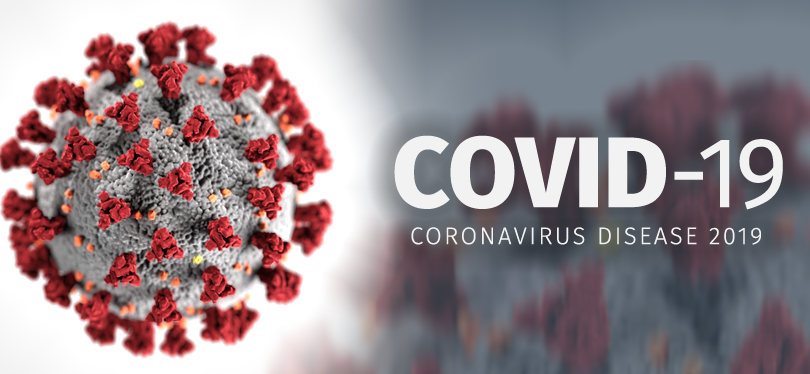Coronavirus and fake news epidemic
The virus, now known as COVID-19, likely originated in bats, and seems to have spread to humans at a market in the Chinese city of Wuhan by the end of 2019. As of 28th February, the outbreak had affected 86,000 people globally. In mainland China, there have been 2,673 deaths among 77,658 cases, mostly in […]

The virus, now known as COVID-19, likely originated in bats, and seems to have spread to humans at a market in the Chinese city of Wuhan by the end of 2019. As of 28th February, the outbreak had affected 86,000 people globally. In mainland China, there have been 2,673 deaths among 77,658 cases, mostly in the central province of Hubei. More than 12,000 people affected in China have already recovered and frightened countless more.
2019-nCoV with a fatality rate of about 2.3 percent seems to be much less fatal than other coronaviruses from recent decades including Ebola Virus. The disease has an incubation period of at least two weeks, which means I could be surrounded by the infected virus and I can’t single out a healthy person from an infected one. Then, I could be infected.
According to the WHO, signs of infection include fever, cough, shortness of breath and breathing difficulties. In more severe cases, it can lead to pneumonia, multiple organ failure and even death. However, infected patients can also be asymptomatic, meaning they do not display any symptoms despite having the virus in their systems.
Amid the scramble to contain the epidemic, social media such as Facebook and WhatsApp have provided platforms for all types of messages — true or otherwise. And in a world where so-called fake news has become worryingly prevalent, a number of myths surrounding the disease – and how to protect against it – have surfaced online like shaving your beards to fend off, taking honey mixed with garlic, consuming cow urine and dung, unfounded recommendations to prevent it by taking vitamin C and avoiding spicy foods.
Several conspiracy theories appear to be another element in the viral growth of coronavirus. One of the most popular hoaxes circulating on You Tube is that the virus is an accidentally leaked Chinese lab-made bioweapon.
In Lagos and other parts of Nigeria, some unscrupulous persons have taken the opportunity to cash-in by selling fake hand sanitisers, multiplied costs of sanitisers, face masks now being hoarded and sold at a higher prices. Greed for money? Have we instituted the right structures to avoid this unnecessary hike in price?
One just needs to keep calm, being rational and don’t panic. Nigerians have been told that there is no cause for alarm. Necessary steps are in place to prevent further spread of the virus. It’s important to seek out reliable information and act on it.
Wash your hands regularly and move away from people with visible symptoms, and other people if you feel unwell. Hygiene is of the utmost importance, masks are mostly important to protect others from YOU when you are sick, or that you need to wear a mask if you are coughing or sneezing. Not the other way round. Please don’t waste them. Leave them for those who have a real need.
So, as we prepare ourselves with all precautionary measures against the viral disease, government must also act with equal urgency to raise public awareness; use the social media, local radio stations and also partner communication firms to send bulk Short Message Service on basic prevention procedures, level of risk, effective personal preventive measures and the actions being taken for control to the people in their local dialects, especially among the most vulnerable populations about what needs to be done.
People’s initial reactions and behaviours may be based on fear, on the instinct to protect oneself or other people or institutions, or on the desire to exploit an already confusing situation. So, they need to be aware of all that’s going on.
Even though the Federal Ministry of Health and NCDC have assured that the current epidemic is not serious enough to cause panic, and several advanced countries and organisations have commended our level of preparedness for this imported case, it is only hoped that the situation would really be well managed. We survived Ebola; and, like other epidemics, we’ll rise above this too.
Yusuf Hassan Wada is a Pharmacist, and writes from Katsina [email protected]
